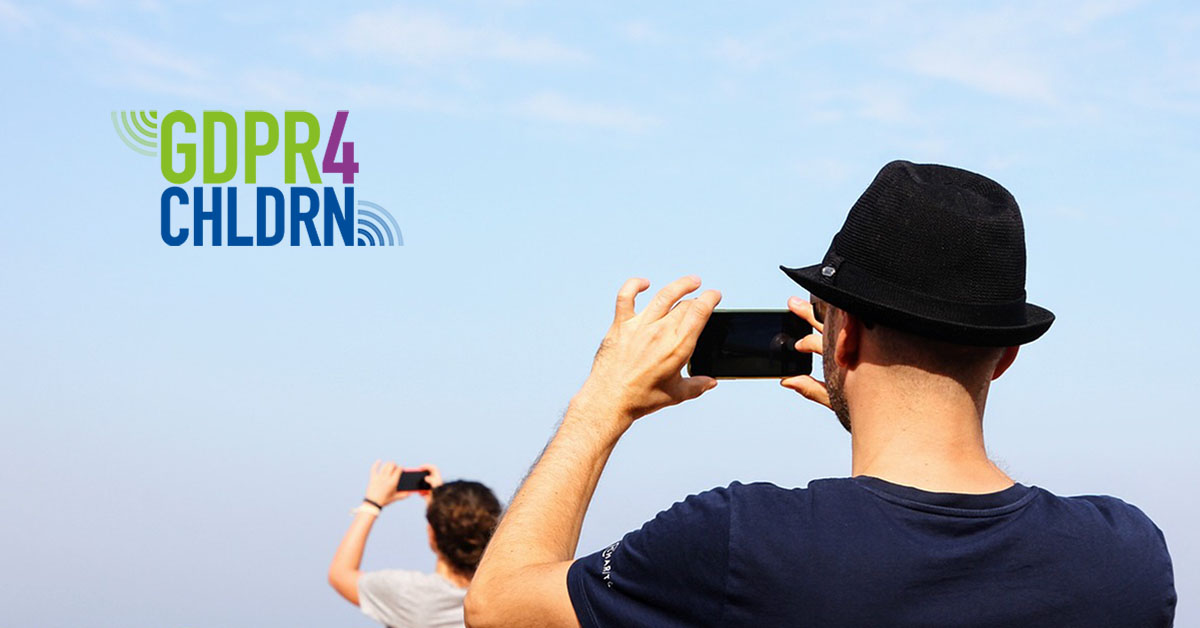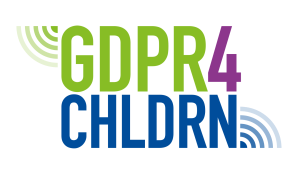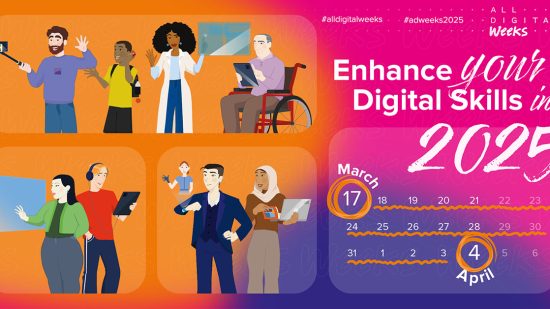Very few, if any, photographs are intended to embarrass anyone or make them feel bad at the time of sharing. Even with the best of intentions, however, someone in the photo can end up feeling hurt. In the worst case, you may also have broken the law when sharing photos of others on social media without their permission.
Many of us have come across the term “sharenting”. It means parents sharing photos and other information on their children on various social media platforms. In some cases, sharing begins even before the child is born. Understandably enough, the proud parents-to-be want to share the ultrasound pictures of their child, taken during pregnancy, with their friends on social media. There are some problems with this, however. For example, the future mum or dad can have thousands of social media “friends” or followers who they may never have even met in real life.
Right now, we cannot even know what kinds of misuse the technology of the future will enable. But we do know that, even today, photographs and videos can be edited and shared to bully someone. In the worst scenario, they may even be used for criminal purposes.
How can you stop someone from publishing photos?
The General Data Protection Regulation, or GDPR, provides for an exception for “household activities”. This means that the GDPR does not apply to processing personal data for your own personal use. But if someone’s ”close friends” number in the hundreds, or even the thousands, can this be called personal use any more? Not to mention scenarios in which the social media publisher has commercial partnerships with various companies and operators.
If it is deemed that the household activity exemption no longer applies to such activities, the person publishing data on social media should be treated as a controller of personal data. And that means that they will also be subject to the duties of a controller. In practice, this means that the publisher may get a message from the Office of the Data Protection Ombudsman, perhaps asking about the basis under the GDPR for processing the personal data. The GDPR provides for six lawful bases for processing, which I will not discuss in detail here. Nevertheless, if the household activity exemption does not apply, parental pride and good intentions towards the child or their friends are not acceptable bases for processing any more – a lawful basis is required.
A person in a published photograph also has rights enshrined in the GDPR towards the publisher, if they are deemed to be a controller. The rights of the data subject under the GDPR are the same for people of all ages. If necessary, people can also turn to the Office of the Data Protection Ombudsman to have their rights as a data subject respected.
The Data Protection Ombudsman can then order the controller to remove the photographs from the web if required. You should remember that even a private person can be a controller under the GDPR. That means that they can be ordered to pay an administrative fine under the GDPR if the processing of photographs containing personal data has violated the Regulation.
If the publication of the photographs has caused damage, the victim can claim damages in the courts. If the publication meets the definition of a crime, the police will investigate the matter. Publishing a photograph can be a criminal offence if it meets the definitional elements of defamation, for example.
Everyone has the right to be proud of their children and tell it to others
The purpose of my article is not to stop the publication of all photos featuring children or young people for fear of the consequences. I myself have posted a few shots of my kids on social media when they were very little. As a young mother, I wanted my friends too to see what adorable children I had. But I did try to minimise the risk of misuse by restricting the visibility of my children’s photographs. I also thought carefully about what kinds of photos to upload into the internet.
It seems that I did not do an altogether terrible job as my, by now grown up, daughter recently discovered the photos in my social media account. I asked her whether she wanted me to take them down. She said no, because she thought that they were nice and not at all ”embarrassing”, as my twenty-something daughter put it.
So lets all be proud of our kids and tell others how great they are! But lets also try to put ourselves in the shoes of our children and make sure that we do not expose them to abuse or ridicule in the future. This also applies to our kids’ friends and team mates – and even those on the opposing team.
Enjoy your photography responsibly!
The GDPR4CHLDRN project provides information about the protection of personal data and data protection rights to children, young people and their parents. Materials targeted at them as well as icons that clarify concepts related to data protection will be developed in the project. In addition, a toolkit to support compliance with data protection legislation and its application will be created for associations and hobby clubs that organise hobby activities for children and young people.
- A two-year project that will end in August 2024.
- The project is funded by the Citizens, Equality, Rights and Values programme of the European Union.
- The project coordinator is the Office of the Data Protection Ombudsman, and its partner in the project is the TIEKE Finnish Information Society Development Centre.

Funded by the European Union. Views and opinions expressed are however those of the author(s) only and do not necessarily reflect those of the European Union or European Commission. Neither the European Union nor the granting authority can be held responsible for them.










